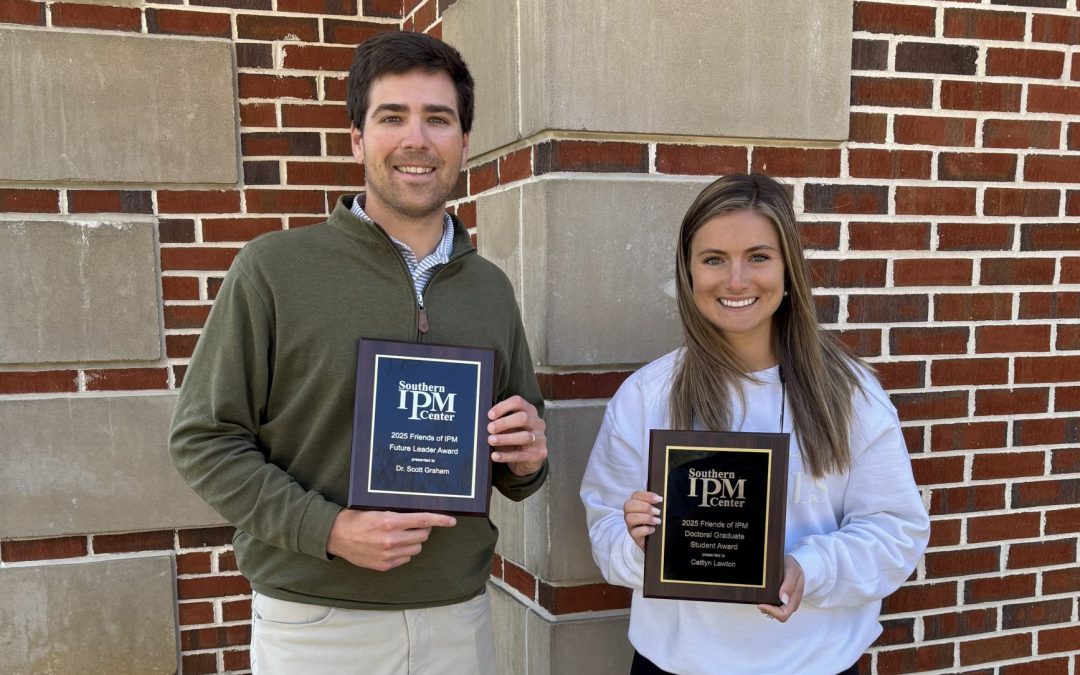Auburn University’s Desmond Layne, head of the Department of Horticulture, has been honored by the Association of Public and Land-grant Universities, or APLU, for leading Auburn’s Transformation Garden project and his completion of the APLU’s Food Systems Leadership Institute, or FSLI.
Layne, a fellow in the institute, and 25 other fellows from across the country were recognized for contributions to their organizations, higher education and food systems during the association’s recent annual meeting.
Layne has led the creation and planning of Auburn’s 16-acre Transformation Garden that will be located on the south end of campus, near the intersection of Lem Morrison Drive and Duncan Drive. The project — recently funded for $4.1 million by the university — will encompass every aspect of plant-based agriculture, including everything from fruits and vegetables to ornamentals to row crops and more.
“The Transformation Garden is an innovative and imaginative project that will transform communities both on Auburn’s campus and beyond in many ways,” said College of Agriculture Dean Paul Patterson, who, along with Provost Bill Hardgrave, mentored Layne during the FSLI program. “Dr. Layne’s dedication and leadership of this project have been vital. Projects of this scale and impact require a clear vision, communication, coordination, partnerships and more. This is what Dr. Layne has brought.”
The project will showcase new technology and the history of agriculture, as it envelops Auburn’s Old Rotation, a single-acre research plot created in 1896. Continuously since that year, the historic landmark has been the site for testing and advancing transformative ideas that are now commonplace — ideas like crop rotation, cover crops and low- and no-till farming.
Already completed in the new Transformation Garden are two vertical farms, which are converted, high-tech Freight Farms shipping containers used to grow produce for students through a partnership between the College of Agriculture and Campus Dining.
Layne used the Transformation Garden as his leadership project in the Food Systems Leadership Institute, a two-year program designed for experienced leaders in academia, government and industry.
“Throughout his many roles as a faculty member, department chair and scholar, Desmond continues to advance Auburn’s mission through his exceptional leadership and service,” Hardgrave said. “Whether it is establishing active learning environments for students to get hands-on experience, expanding the university’s role in creating vertical gardens or working with campus dining to support our farm-to-table initiatives, Desmond brings together the best of Auburn to enhance our communities.”
More than 40% of the FSLI alumni fellows have experienced promotions, selection to lead high-profile initiatives, election to university-wide leadership posts and other recognitions.




